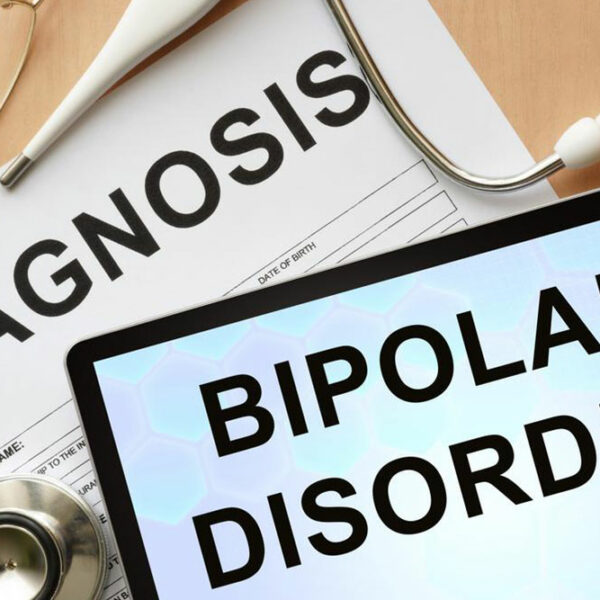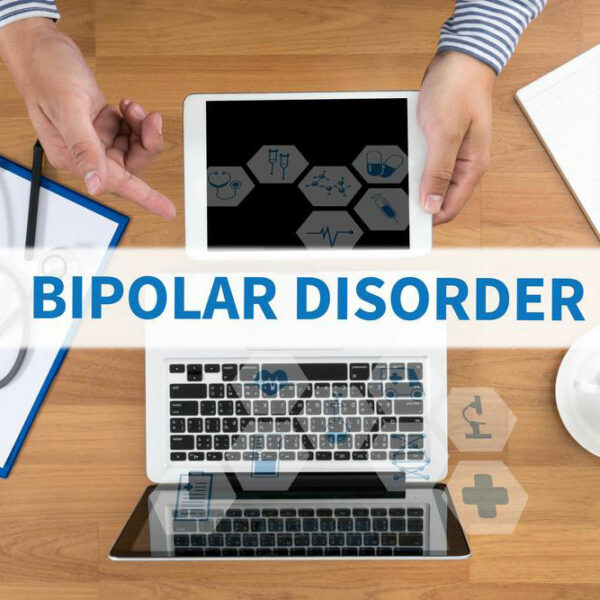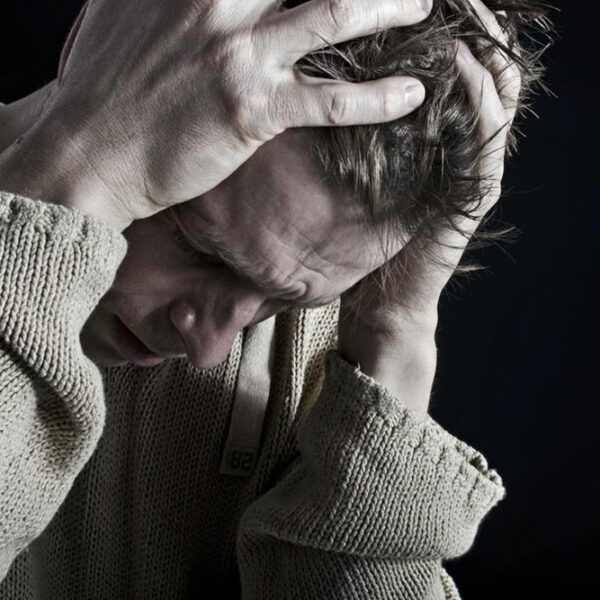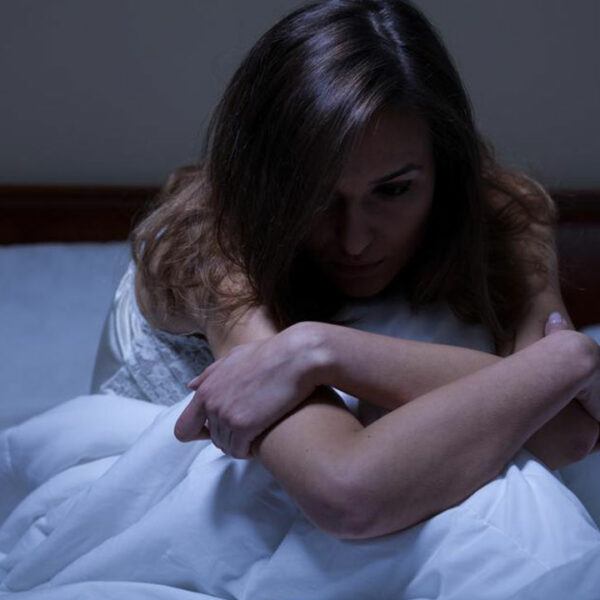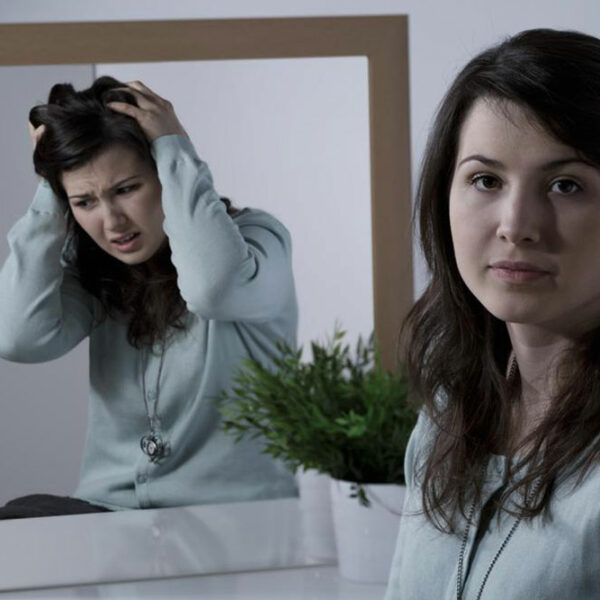
Bipolar disorder -Types, signs and treatment
Everyone goes through ups and downs, but when it begins to affect your daily life, mood swings could be a sign of a bigger problem like bipolar disorder. Bipolar disorder is also known as manic-depressive disorder. As the name suggests, it involves severe mood swings from excessive happiness to depression. Both phases can last for anywhere between a few weeks to a few months. When it comes to psychological disorders like bipolar disorder, it is important to recognize the top 5 bipolar signs so as to be able to seek treatment early. There are three main categories of bipolar disorder: • Bipolar I disorder: This involves at least one manic episode and one major depressive episode. • Bipolar II disorder: In this case, the patient may have had at least one episode of depression, but may not have had a manic episode. • Cyclothymic disorder: This is characterized by at least two years of alternating major manic and depressive episodes. Manic episodes can be identified by increased energy levels, euphoria, insomnia and sleep troubles, talkativeness, lack of concentration and risky behavior. On the other hand, depressive episodes are marked by feelings of sadness, lack of interest in activities, social withdrawal, weight loss and fatigue.
